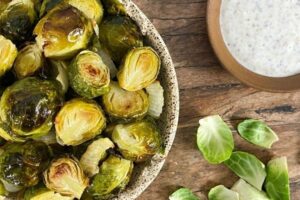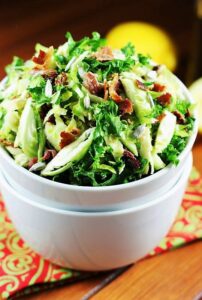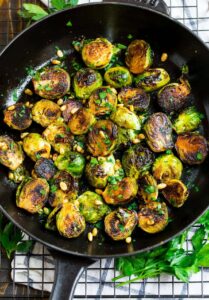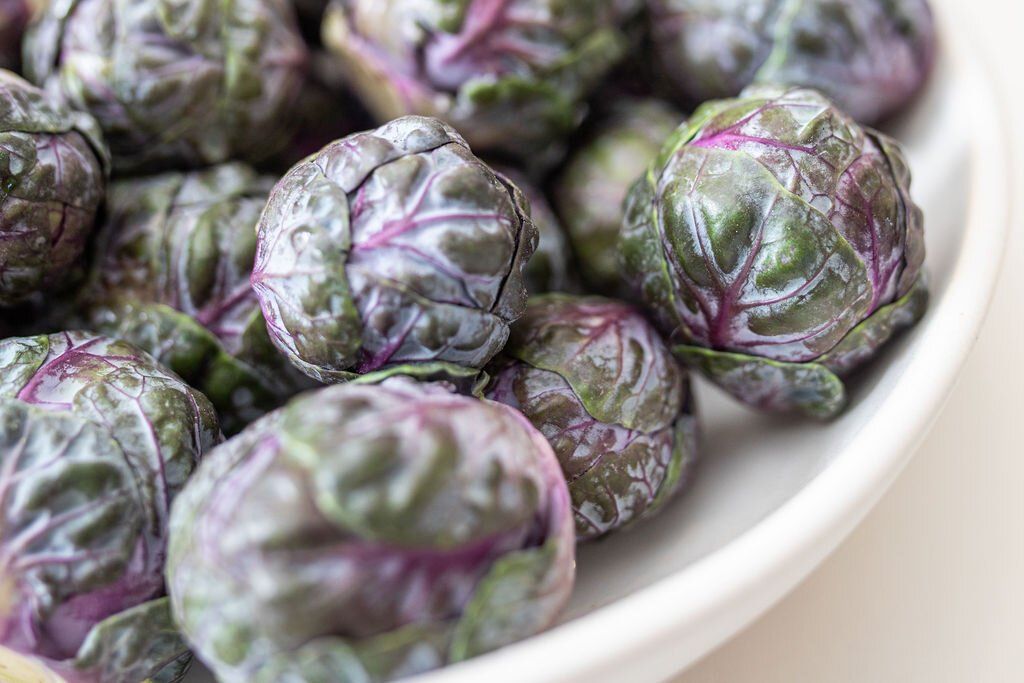In our modern health-conscious world, people are increasingly looking for natural cures to treat various disorders such as fatty liver disease. One remedy that has been gaining much attention recently has been Brussels sprouts. In this thorough guide, we’ll look at the benefits that could be obtained from Brussels sprouts to help with fat livers and how including these in your diet can aid in improving the health of your liver.
What are Brussels Sprouts?
Brussels sprouts are tiny, green cruciferous veggies that belong to the Brassicaceae family that also includes kale, broccoli, and cabbage. They resemble small cabbages. They are usually harvested when they measure about 1 to 1.5 inches in size. Brussels sprouts are characterized by a mildly bitter taste and a firm texture, which makes them suitable for a variety of cooking techniques.

What is Fatty Liver Disease?
Fat liver disease, which is also called hepatic steatosis is a disease that clears itself through excessive fat within the liver. The collection of fat could cause irritation and even damage liver cells, which can affect their ability to function. The condition of fatty liver is typically caused by the presence of insulin resistance, obesity, and excessive drinking.
Nutritional Profile of Brussels Sprouts
Brussels sprouts, also known as cruciferous plants are loaded with vital vitamins and antioxidants. It is low in calories yet is high in vitamins, minerals, and dietary fiber. Here’s a breakdown of nutritional value of Brussels sprouts
- Vitamins: Brussels sprouts can be a great source of vitamin K, vitamin C, and vitamin A. All of which play a vital role in maintaining overall health and well-being.
- Minerals: These veggies are also a good source of minerals, including manganese, potassium, as well as folate. These minerals are crucial to perform various bodily functions including the health of your liver.
- Antioxidants: Brussels sprouts are rich in antioxidants, such as glucosinolates or sulforaphan that help to shield the liver from inflammation and oxidative stress.
Role of Brussels Sprouts in Fatty Liver Management
- Liver Detoxification
Brussels sprouts are rich in ingredients that help support the process of detoxification that the body naturally performs. Sulforaphane in particular has been proven to boost the liver’s detoxification pathways, assisting to remove toxic substances out of the human body.
- Anti-inflammatory Properties
Chronic inflammation is the primary factor in the progression of fatty liver disease. Brussels sprouts are rich in anti-inflammatory compounds which can help decrease liver inflammation and help prevent further damage. Adding Brussels sprouts into your diet, can reduce inflammation and improve liver health.
- Improved Insulin Sensitivity
Insulin resistance is strongly linked to fatty liver disease since it is a factor in the accumulation of liver fat. Brussels sprouts are rich in compounds that could help improve insulin sensitivity, which can reduce the chance of developing insulin resistance and the resulting liver damage.
- Regulation of Lipid Metabolism
Brussels sprouts are rich in nutrients that help maintain healthy lipid metabolism, which includes the process of breaking down and removing cholesterol from the liver. By promoting the metabolism of lipids, Brussels sprouts could help prevent the accumulation of fat within the liver and lower the risk of developing fatty liver disease.
Adding Brussels Sprouts to Your Diet
We now know the potential advantages of Brussels sprouts to help with fatty liver, let’s look at some tasty ways to add these vegetables into your diet.
- Roasted Brussels Sprouts: Mix Brussels sprouts with garlic, olive oil, and any other herbs you like and roast them until they are tender with a golden-brown color.
- Brussels Sprouts Salad: Shred Brussels sprouts, then toss them with a tart vinaigrette along with nuts and dried fruits to make an energizing salad.
- Stir-Fried Brussels Sprouts: Stir-fried Brussels sprouts seasoned with ginger, garlic, and soy sauce make an appealing and nutritious food item.
- Brussels Sprouts Soup: Make a simmer of Brussels sprouts along with carrots, onions, and vegetable broth to make an incredibly comforting and nutritious soup.




If you’re looking to learn more about the possible effects of Brussels sprouts hemoglobin levels, take a look at our article Do Brussels Sprouts Increase Hemoglobin? to get more information.



